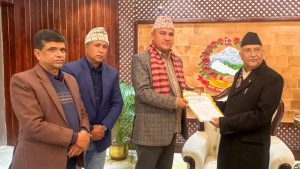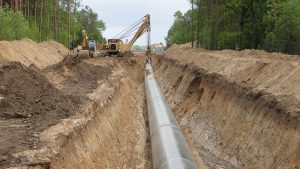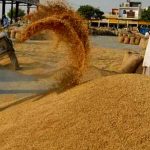
Drought Threatens Maize Harvest in Jhapa, Farmers Express Concern

Farmers in Jhapa are facing a significant threat to their maize crops due to a prolonged drought, raising concerns over potential crop failure. As maize plants begin to form corncobs—a critical phase for crop development—the lack of rainfall is causing widespread anxiety among local farmers.
Rajendra Kharel, a crop expert, highlighted the timing of the drought as particularly damaging, predicting a major impact on this year’s maize production. Despite over 60 percent of Jhapa’s arable land having access to irrigation infrastructure, functionality issues due to poor maintenance and the drying up of water sources have rendered many projects ineffective.
Ambika Siwakoti, a farmer from Mechinagar, reported severe drought conditions with most of the corn crops in the area drying up. “The irrigation canals have run dry, and we have yet to see any government officials assessing the situation,” Siwakoti said.
The area under maize cultivation has increased this year, with 44,250 hectares planted, up from last year, according to Chetanath Bhandari, information officer at the Krishi Knowledge Centre. The district’s annual maize production goal stands at 250,000 metric tons.
In response to the crisis, the Prime Minister Agriculture Modernization Project has provided subsidies for irrigation and farming equipment in areas designated as maize zones within Jhapa Rural Municipality. Additionally, both Jhapa Rural Municipality and Kankai Municipality are offering a 60 percent subsidy on the electricity tariff for irrigation to support maize farmers.
Kharel points to climate change as the primary cause of the prolonged dry spells, warning that the district might see an increase in cob-less corn—a condition where maize plants fail to develop cobs.
Farmers and experts alike are calling for immediate action to address the irrigation issues and mitigate the impact of the drought on one of the district’s key agricultural products.












Comments